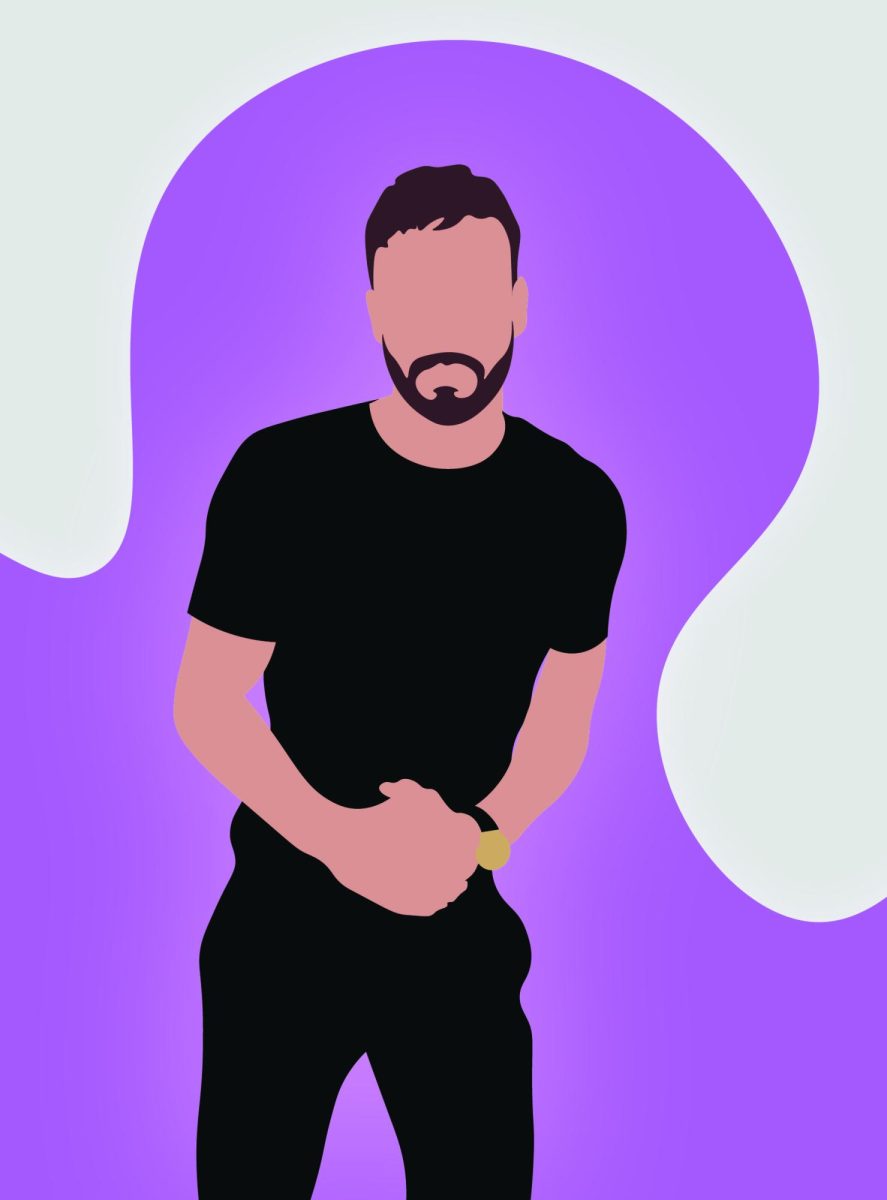Last week, the music world was rocked by the shocking news of Liam Payne’s death after a tragic fall from a hotel balcony in Buenos Aires, Argentina. A former member of the beloved pop boy band One Direction, Payne’s passing sent ripples of grief through a generation that grew up idolizing both him and his bandmates.
One Direction, born from the British television show “The X Factor,” became a cultural phenomenon. With a fan base primarily composed of teenage girls, the band won over 200 awards, released four number-one albums and embarked on four world tours, including the record-breaking “Where We Are Tour” in 2014. Even eight years after their indefinite hiatus announcement, the group’s influence lingers, with many fans previously holding out hope for a reunion.
For Generation Z, Payne’s death marks an intense moment of loss — one of the first celebrity tragedies that resonates deeply.
The immediate online reactions on social platforms have been powerful. Fans expressed disbelief, sadness and nostalgia highlighting the role One Direction had during fan’s formative years. Favorite online personalities such as YouTuber and podcast host Brittany Broski shared a short statement on Instagram, “I genuinely cannot process this.”
Across college campuses, students began posting about how Payne’s death affected them, drafting emotional messages to professors explaining their need for a mental health day. This collective grief speaks to the unique connection that Gen Z feels toward their idols, particularly those who shaped their adolescence.
However, as the mourning continues, it’s essential to acknowledge the complexities of Payne’s legacy.
Many fans and social media users have highlighted the duality of grief – it is possible to mourn the loss of the pop icon while confronting the troubling aspects of his character. Allegations of abuse and stalking have shadowed Payne prompting discussions about how to reconcile a love for an artist alongside their moral failings.
Gen Z is one of the most empathetic generations, and this tragedy is no exception.
In a culture that increasingly values authenticity, fans are sharing sentiments on social media platforms that underscore this complexity: “It is okay to be upset about Liam Payne’s passing while acknowledging the fact that he was an awful person.” This perspective reflects a broader societal shift toward grappling with the imperfections of public figures; acknowledging that their contributions can be both meaningful and problematic.
As fans navigate the collective mourning, it’s vital to honor the memories of the joy and connection One Direction brought to millions, while also holding space for the difficult truths of their members’ lives.
Payne’s death serves as a poignant reminder of the complicated legacies that celebrities leave behind.
Dylan Walker is a columnist. Contact him at [email protected].


